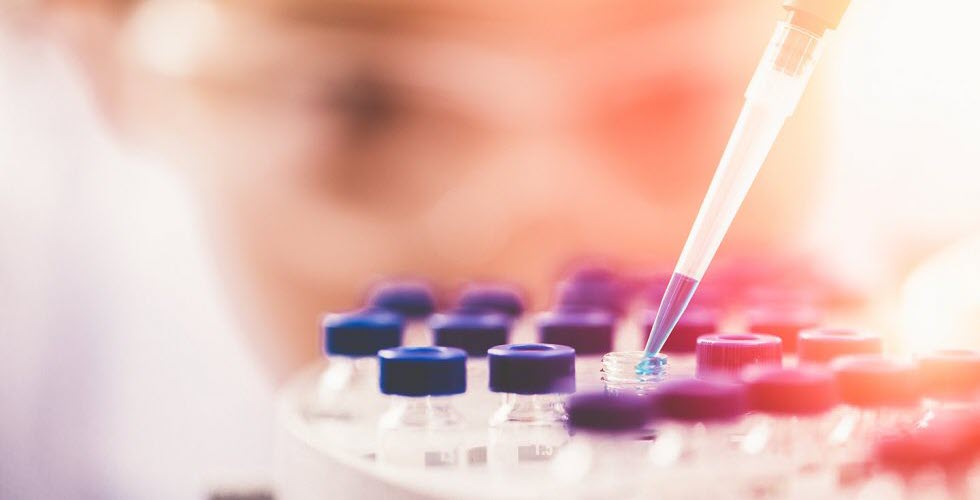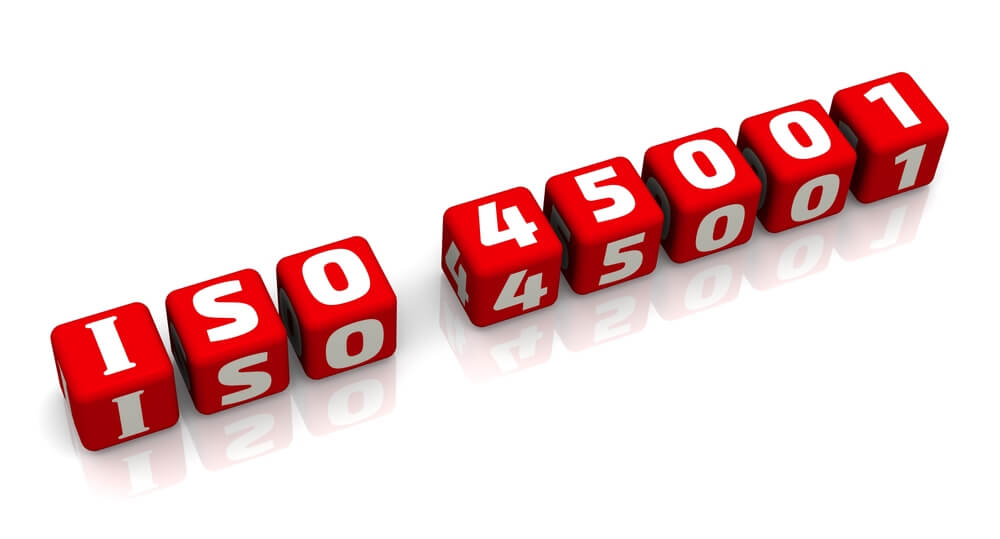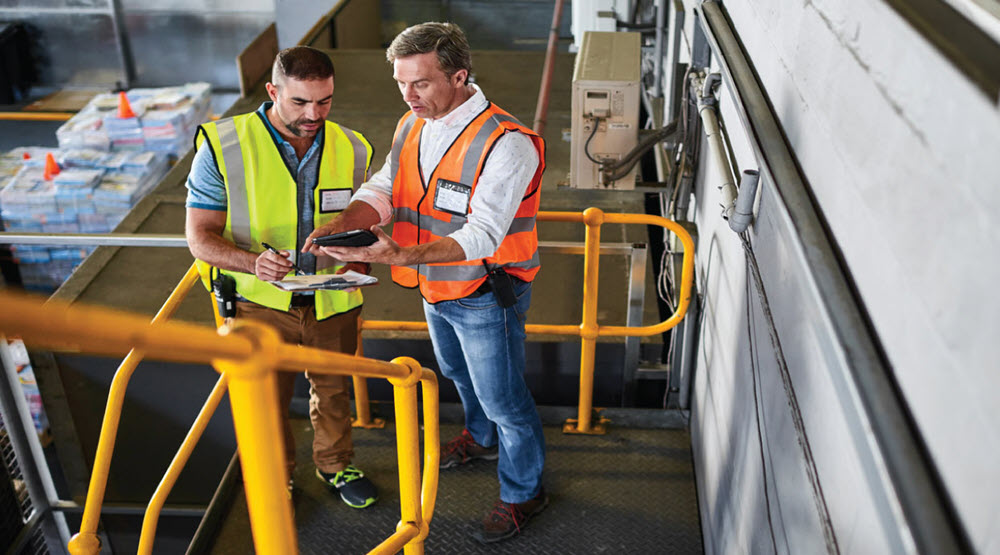Introduction
Conducting testing is common across various industries. However, providing professional testing or calibration services require that a laboratory have a robust management system in place which takes elements such as sampling, measurement and calibration amongst many others into account. An ISO 17025 laboratory must go through an accreditation process and have third party surveillance audits conducted on regular basis to maintain their accreditation. The audits ensure the laboratory comply with the ISO 17025 Standard which ensure the laboratories competence and quality of their services and test results.
Why ISO 17025?
ISO 17025 is an international recognised standard for managing laboratories and can be applied to any type of laboratory conducting testing or calibration. Any laboratory who want to offer competent and professional testing or calibration should aim to become an ISO 17025 laboratory, as it assures current and potential clients that the laboratory provides accurate results.
Professional Working Approach
Adopting ISO 17025 ensures the hierarchical system, interfaces and job responsibilities are understood within the laboratory and by external stakeholders. The laboratory has established policies and procedures that define actions required by the laboratory personnel. Personnel must comply with set policies, procedures and regulations to ensure valid and accurate results are provided. The approach of an ISO 17025 management system also ensures continual improvement and systematic reduction of errors based in risk.
Trustable Laboratory Customer Relationship
An ISO 17025 laboratory offers its assistance to customers by addressing any questions or concerns with the test procedure and/or their result’s. Management of laboratory should show confidence in their testing and built customer relations to ensure trust through customer dealing with customer feedback. There is a significant element within the ISO 17025 standard which covers confidentiality and how laboratories don’t share the results in public, except when there is a mutual agreement between the customer and laboratory. All ISO 17025 laboratories need to have a costumer complaint procedure in place which should be made available on request.
Competence Demonstration
The assessment of competency ensures that only professional, trained, skilled and authorised personnel are eligible to conduct laboratory testing or calibration. To demonstrate its competence, ISO 17025 laboratories have to have validated procedures in place and have a clear understanding of the sources and level of variation in the results provided. The competence of personnel offers a customer assurance that all conducted laboratory tests and calibration is valid.
Final Report Validity
An accredited laboratory creates its final report and submit to the customer, who uses the results to take a decision based on the outcome of the test. As there is natural variation in every test and process, controls are applied to minimize level of variation in an ISO 17025 laboratory. The measurement uncertainty evaluation is carried out to understand the variation and provide accurate result with the correct tolerance and proverbiality. This ensure the customer is provided with accurate data and can take the correct decision based on the result.
Conformity within testing trends
Laboratories which are accredited to ISO 17025 follow changes to ISO 17025 and any other industry related standard they are working to. Skilled and professional laboratory personnel can promote updated testing methods or improve the existing ones. This way, laboratory are able to upgrade their system or develop new services in a planned approach.
If you are looking to get your laboratory accredited to ISO 17025 or need support with conducting your internal audits, then contact us for a free consultation.


















